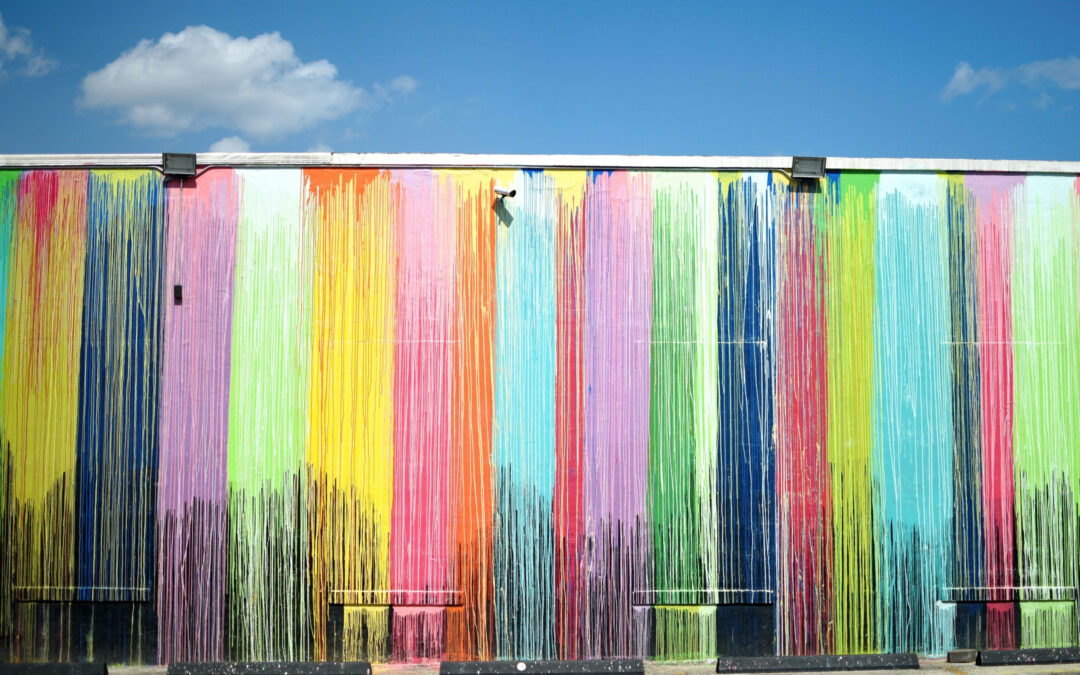This post by Kate Frykberg originally appeared on GlassPockets as part of its “Road to 100 & Beyond” series. It is re-posted here as part of CEP’s blog series on international perspectives on philanthropy.
I’ve been thinking about funder relationships with indigenous communities and the ways in which we get this wrong and right, and what role transparency can play in strengthening these efforts.
My cultural context is Aotearoa New Zealand and here the term most commonly applied to settlers is Pākehā — which usually (but not always) also implies that you are white. Indigenous people are Māori, or Tangata Whenua — People of the Land.
I am Pākehā, and a few years back I set myself on a journey to figure out what this means and how to be better at it. This has involved learning some tikanga (customs) and Te Reo Māori (Māori language) — why should all our interactions be conducted in the language of those who colonized the land? It has involved questioning my own identity and heritage. It has involved playing my part in addressing racism and inequity. And it has involved reflecting on and strengthening my relationships with Māori — in my work in philanthropy and in my personal life.
The thing is though, there are quite a few ways in which we Pākehā miss the mark in our relationships with Māori, often despite our best intentions. I’m not talking blatant racism, which sadly still exists, but that is a topic for another time. Instead I am talking about the wide spectrum of ways in which we try to do the right thing but then it just goes a bit wrong. Here are seven examples from my cultural context:
- Unconscious bias — “We would have liked to employ someone Māori but no one who met our criteria applied.”
- Paralysis — “I know I am pretty ignorant about things Māori and I’m scared of getting it wrong, so I will just try to avoid engaging.”
- Paternalism — “I want to help those poor Māori people.”
- Tokenism — “We’ve just appointed someone Māori to our board — phew, job done.”
- Idealizing — “Oh your culture is just so deep and spiritual — it’s the answer to all the world’s problems.”
- Smugness — “I’ve been learning to speak Māori — I can’t wait to show you how cool I am.”
- Cultural appropriation — “I’ve found meaning in your culture — it’s mine now, too.”
And, truth is, I think I’ve done all of the above at different times. So what might a better relationship look like?
My friend and colleague Marcus Akuhata-Brown describes this insightfully: “Māori need to feel free to be Māori and to enjoy high-trust relationships with Pākehā without leaving our Māori selves at the door. Also Pākehā need to be able to share power — and sometimes cede power. That’s when the going can get tough.”
This high-trust, respectful, power-sharing relationship between Māori and Pākehā is perhaps the kind of relationship envisaged in our country’s founding document, a treaty signed between Māori and the Britain called Te Tiriti o Waitangi (The Treaty of Waitangi). So how might this relationship play out in practice?
Philanthropy is dear to my heart — but most New Zealand foundations operate according to models imported from the U.S. and Europe. Thinkers like Dr. Manuka Henare and Dame Anne Salmond have questioned this, and the small philanthropic trust my husband Dave Moskovitz and I set up over a decade ago is one of several funders trying to do things differently. Our very small foundation, Te Muka Rau, has a specific focus on social cohesion, respectful relationships, and the central place of Te Ao Māori (the Māori world) in Aotearoa New Zealand. We transparently state our commitment to the Treaty of Waitangi on our website and we are trying to run our trust as a partnership between Māori and Pākehā. So far this process has involved:
- Moving to a bi-cultural governance model with two Māori and two Pākehā trustees;
- Being gifted a new name Te Muka Rau, meaning “the many strands,” to replace the previous name of “Thinktank Charitable Trust;”
- Aligning the way we run trustee meetings with Maori tikanga;
- Experimenting with making small grants on the basis of a conversation between people requesting funding and our trustees, with the required checks and balances and paperwork managed internally;
- Not asking for written reports on grants and instead meeting face to face;
- Offering non-financial support like advice on fundraising and technology, writing articles in support of the causes we fund, and providing introductions to other funders;
- Considering the role of reciprocity in philanthropy to better align with giving in Te Ao Māori;
- Being transparent in who we are, how we work, where the money comes from, where it goes to — and being open and eager to learn from feedback. (We are proud to be the first New Zealand foundation to become a GlassPockets funder.)
These changes have enabled Te Muka Rau to fund Māori-led initiatives like a project where Māori young people interview and film established Maōri leaders to gather learnings on authentic Māori leadership, and a project to reinstate and teach traditional food-growing practices in local communities. Both of these projects are important for reclaiming cultural knowledge and practices, and it is unlikely that we would have known about either project before we changed how we worked. In fact, it is even unlikely that we would have been trusted to fund these projects. This is because there is an uncomfortable irony in seeking resources from the colonizer to reclaim knowledge lost under colonization, but this is at least somewhat addressed when half the trustees are Māori.
On the flip side, there have been some projects which looked good to our Pākehā trustees which we didn’t fund — because our Māori trustees had insights into implications and unintended consequences that we would never have become aware of.
Te Muka Rau Trust has not yet gone far along the path to becoming a true partnership between Māori and Pākehā, nor am I very far on the path to being a better Pākehā. But, through being transparent and open we have started to build trust. By listening and learning we have started to build stronger relationships. And by consciously sharing power we have started to build partnership. I think this path is creating better outcomes for everyone involved, and I personally am finding the journey exciting, challenging, and enlightening.
This post is part of an occasional series on the CEP blog providing international perspectives on philanthropy.
Kate Frykberg is a philanthropy advisor based in New Zealand, and trustee of the Te Muka Rau Trust.


